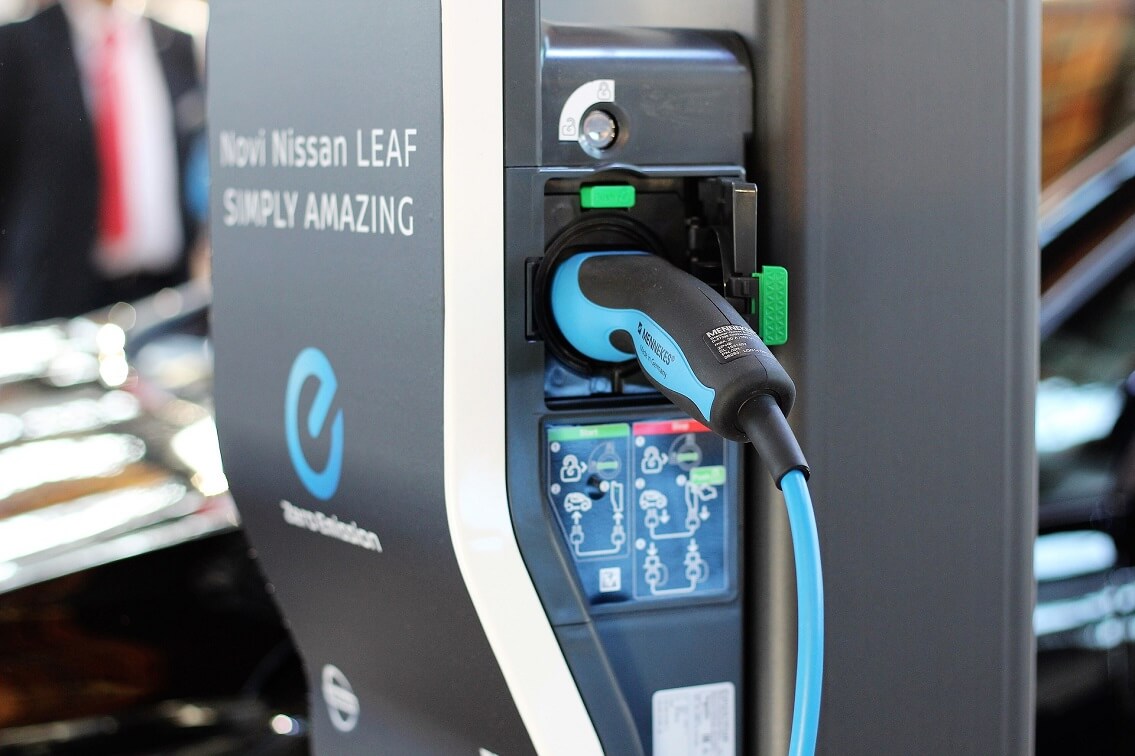Synthetic fuels - Is this the future?

Alternative drives are on everyone's lips. Electric vehicles in particular are the subject of much discussion. In terms of the environment, however, fully electronic motorisation cannot be the final solution, because the production of the batteries, the raw materials and also the electricity for the charging process leave a clear ecological footprint. How about finding sensible alternatives to diesel and petrol that are also produced in a climate-neutral way and are affordable? That is exactly what electricity-based fuels are supposed to be able to do. The Federal Ministry for the Environment has now arranged to promote the development of these energy sources.
What are the fuels made from?
After research with renewable raw materials or residual materials and waste, each with sobering results, hydrogen is now being further researched as a basic product. The big advantage: hydrogen is available in nature in almost inexhaustible quantities. Electricity is used for the electrolysis that releases hydrogen. To keep the environmental balance as balanced as possible, green electricity from renewable energy sources is used for this purpose. By using renewable electricity, scientists speak of e-fuels or power-to-X - electricity-based fuels.
How are synthetic fuels produced?
The required renewable electricity comes, for example, from surplus wind and solar power that cannot be absorbed by the grid. With the help of the electricity, the water is split into oxygen and hydrogen by electrolysis. This is how the basic material is obtained: Hydrogen. This hydrogen is then enriched with carbon dioxide. This can be extracted from the ambient air, for example, or from the waste products of other industrial processes. The end products then include synthetic diesel, synthetic petrol and gas.
So far, production has only taken place in small quantities for research and pilot projects, which means that electricity-based fuels are not yet in circulation.
Costs and efficiency
So far, the ratio of the energy used in the manufacturing process and the effective energy that reaches the wheels, at 10 to 15 %, is not yet exemplary. In an electric car, the figure is 70 to 80 %. There is also the question of new storage possibilities for renewable energies. So far, the generation of green electricity has fluctuated, so a large storage capacity is needed here to generate the fuel effectively. According to current estimates, the cost of producing synthetic fuel would also be enormous, at EUR 4.50 per litre alone. According to a forecast by the Wuppertal Institute, a price of just under EUR 2.30 including taxes would be possible in 2030. It is clear that the price-performance ratio must be right for this fuel to become established.
Current research projects are in the process of increasing the efficiency. Can you imagine switching to synthetic fuels? Which alternative drive systems would you prefer? Let us know on our Facebook page. We look forward to hearing your opinion.



